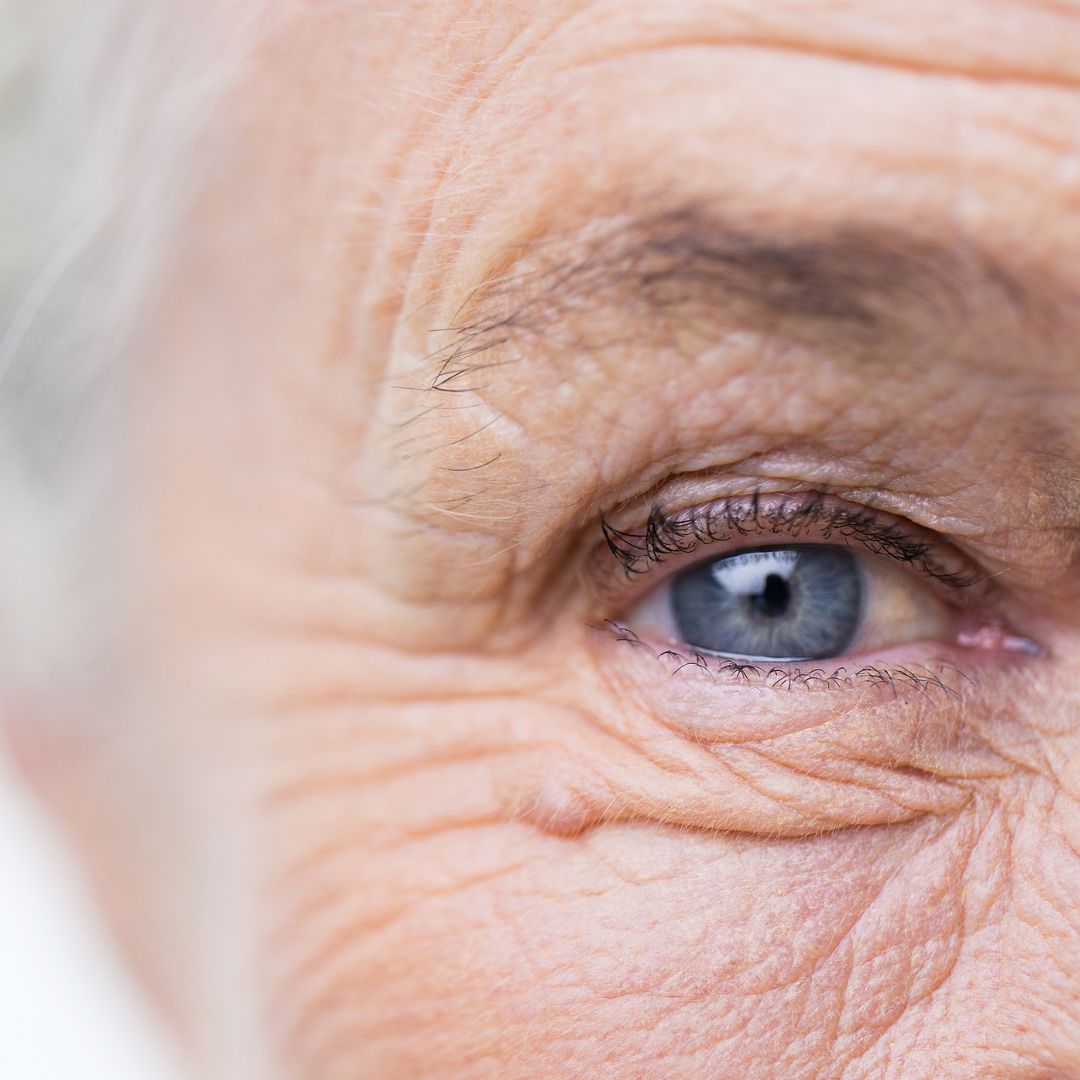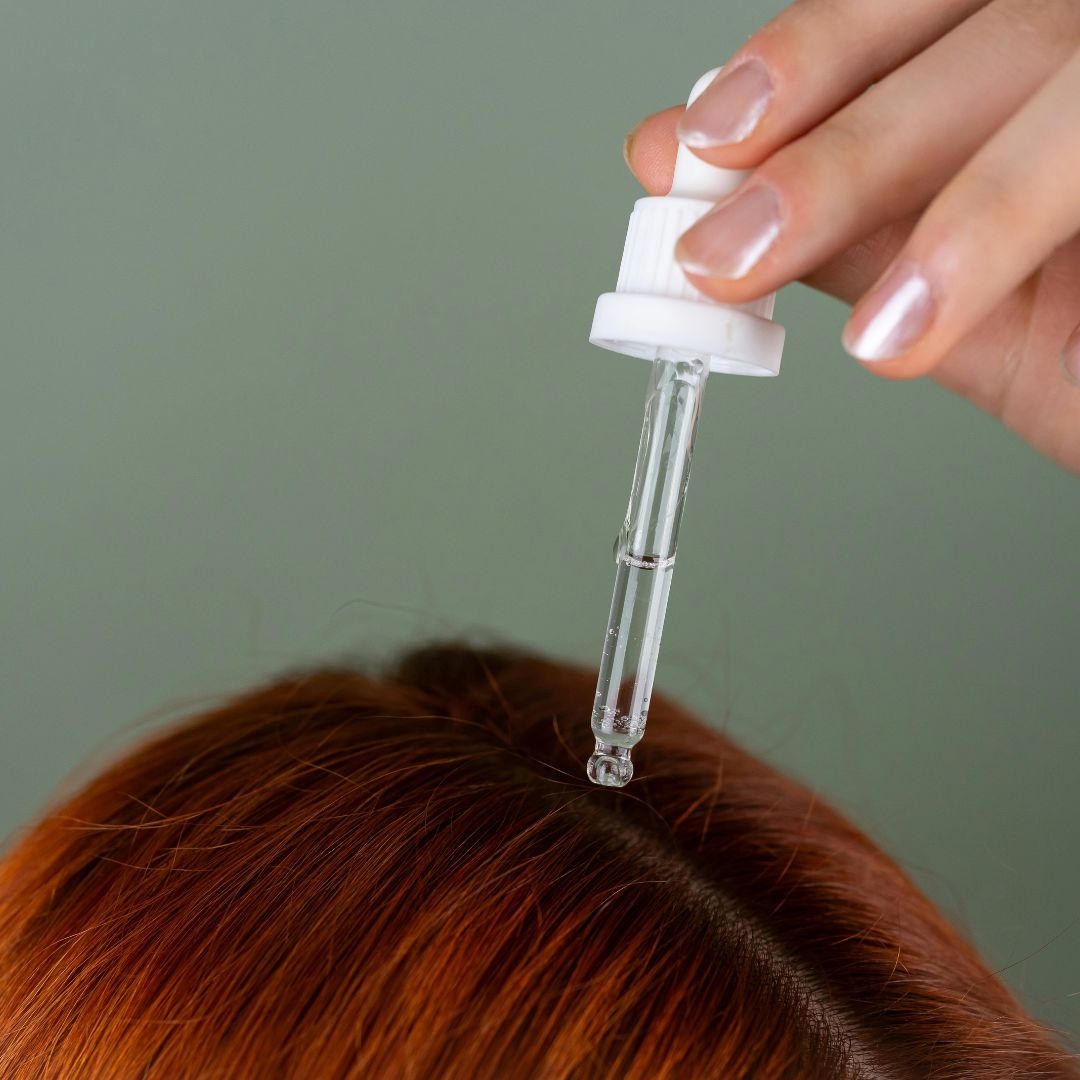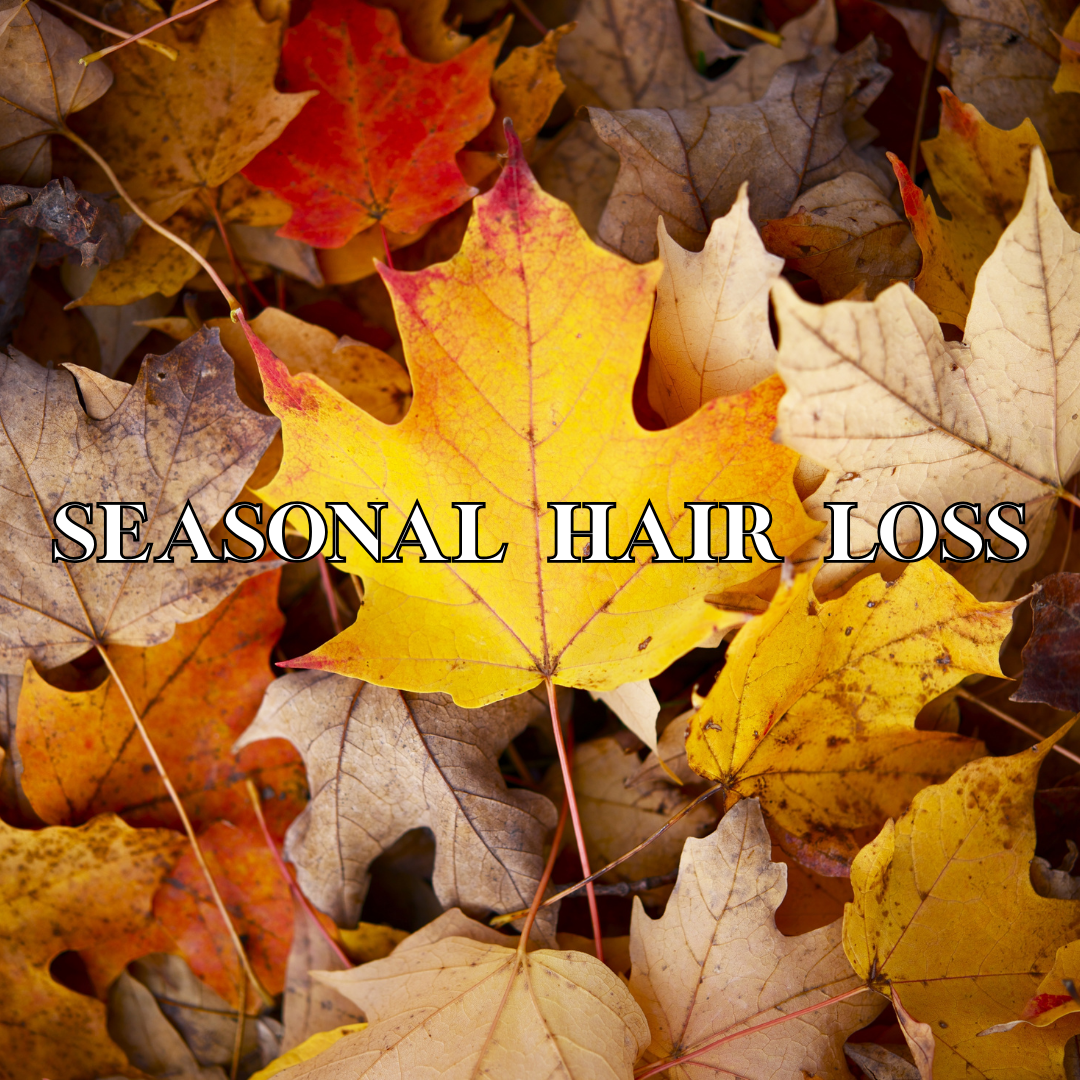Flavio Lucariello - May 09 2024
Myths and Facts About Hair Loss in Women: Separating Fact from Fiction

Hair loss is a common concern for many women, and with so much information circulating online, it can be challenging to separate fact from fiction. This blog post aims to debunk some of the most prevalent myths and provide you with the facts about hair loss in women.
Myth #1: Hair Loss Only Affects Men
Fact: While hair loss is more commonly discussed in men, it's a very real concern for women as well. According to the American Academy of Dermatology, around 30 million women in the US experience hair loss.


Myth #1: Hair Loss Only Affects Men
Fact: While hair loss is more commonly discussed in men, it's a very real concern for women as well. According to the American Academy of Dermatology, around 30 million women in the US experience hair loss. Source: American Academy of Dermatology.

Myth #2: You Can't Do Anything About Hair Loss
Fact: There are various approaches to address hair loss in women. Depending on the cause, treatment options can range from lifestyle changes and managing stress to using clinically proven hair growth systems like FLO™. Consulting a dermatologist can help determine the underlying cause and recommend the most suitable treatment plan.
Myth #3: Dyeing Your Hair Causes Hair Loss
Fact: While harsh chemicals in some hair dyes can damage hair, causing breakage and the illusion of hair loss, hair loss from coloring is usually temporary. Opting for gentle, ammonia-free dyes and deep conditioning treatments can minimize potential damage.


Myth #3: Dyeing Your Hair Causes Hair Loss
Fact: While harsh chemicals in some hair dyes can damage hair, causing breakage and the illusion of hair loss, hair loss from coloring is usually temporary. Opting for gentle, ammonia-free dyes and deep conditioning treatments can minimize potential damage.

Myth #4: Wearing Hats Can Cause Hair Loss
Fact: Wearing hats itself doesn't cause hair loss. However, tight hats that pull on the hair can lead to breakage over time, especially with frequent use. Opt for looser hats made from breathable materials to avoid irritation or pulling.
Myth #5: Brushing Your Hair Too Much Causes Hair Loss
Fact: Brushing your hair regularly can actually be beneficial. It helps distribute natural oils throughout your scalp, remove dead skin cells, and stimulate blood flow. The key is to be gentle and avoid aggressive brushing, especially when your hair is wet and more prone to breakage.


Myth #5: Brushing Your Hair Too Much Causes Hair Loss
Fact: Brushing your hair regularly can actually be beneficial. It helps distribute natural oils throughout your scalp, remove dead skin cells, and stimulate blood flow. The key is to be gentle and avoid aggressive brushing, especially when your hair is wet and more prone to breakage.

Myth #6: Washing Your Hair Too Often Causes Hair Loss
Fact: Frequent shampooing, especially with harsh shampoos, can strip your hair of its natural oils and make it appear dry or brittle. However, not washing your hair enough can clog hair follicles and potentially hinder growth. The ideal frequency depends on your hair type and scalp condition. Aim for a cleansing routine that keeps your scalp clean without over-drying your hair.
Myth #7: Stress Has No Impact on Hair Loss
Fact: Chronic stress can disrupt the hair growth cycle and contribute to temporary hair loss. Techniques like meditation, yoga, or spending time in nature can help manage stress levels and potentially promote healthier hair growth.


Myth #7: Stress Has No Impact on Hair Loss
Fact: Chronic stress can disrupt the hair growth cycle and contribute to temporary hair loss. Techniques like meditation, yoga, or spending time in nature can help manage stress levels and potentially promote healthier hair growth.
Empowered by Knowledge
By understanding the facts about hair loss, you can make informed decisions about your hair care routine and explore solutions that address your specific needs. Remember, consulting a dermatologist can provide personalized advice and treatment options for optimal hair health.
*Data from the American Academy of Dermatology were used in writing this article.








